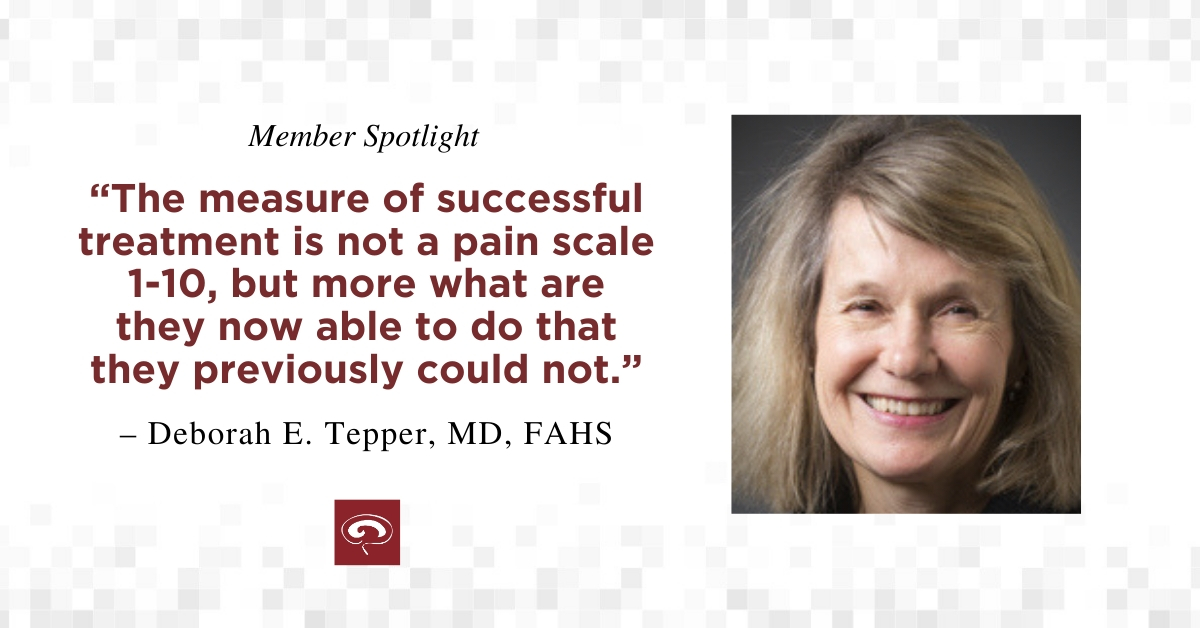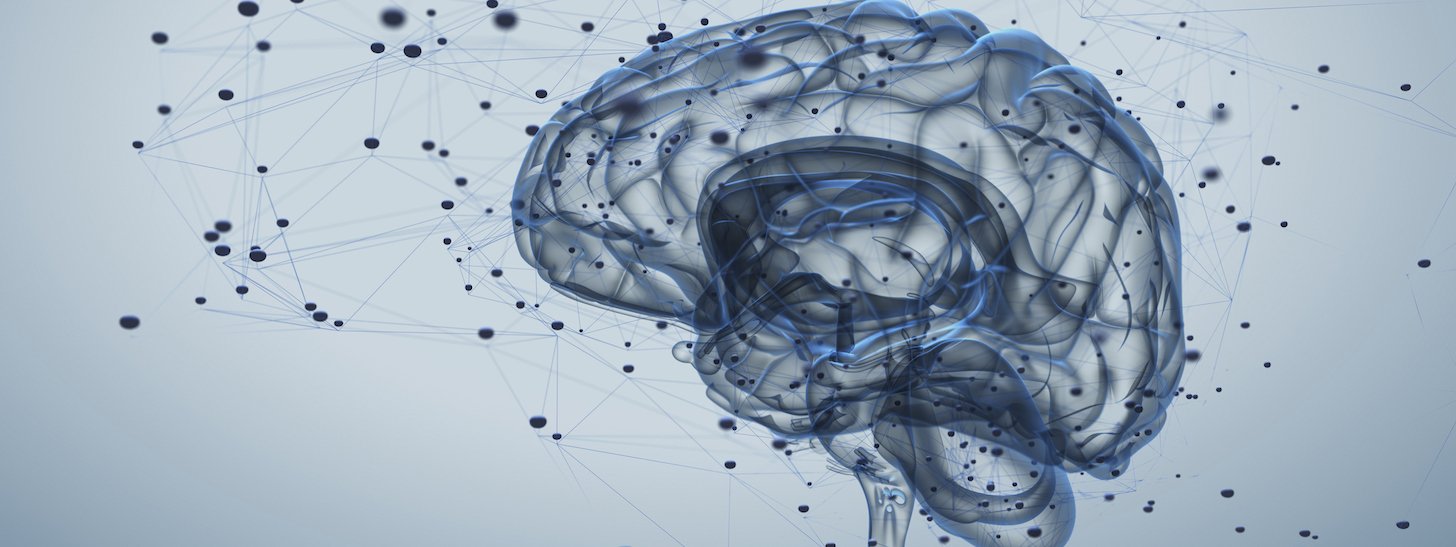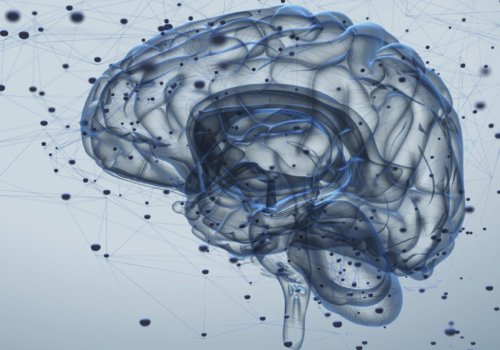
Deborah E. Tepper: Member Spotlight
Our May Member Spotlight honoree discusses what makes headache both an exciting and a challenging field
This month, the American Headache Society is proud to spotlight member Deborah E. Tepper, MD, FAHS, a neurologist affiliated with Dartmouth-Hitchcock Health in New Hampshire. Dr. Tepper has been an AHS member since 2006 and is currently involved in the Primary Frontline Headache Care, Migraine and Vascular Disease, and Women’s Health Special Interest Sections.
Dr. Tepper’s recent publication on Calcitonin Gene‐Related Protein (CGRP)‐Targeted Treatments for Migraine Prevention highlights her commitment to help patients living with headache disorders find the right treatment. “Migraine and headache disorders can be disabling and profoundly curtail the quality of a person’s life,” she says. “The challenge is to address this disorder so that its impact on an individual does not stand in the way of their reaching their potential in life.”
Making a Difference
Dr. Tepper finds working with headache disorder patients to be immensely rewarding. “People really do get better with well-chosen care,” she says. “I enjoy hearing about how treatment has allowed them to have a rewarding job, relationships, exercise comfortably or just enjoy their life more.” Tepper works with her patients to set functional goals as a yardstick for how their headaches are improving. Then they work towards achieving those goals. “The measure of successful treatment is not a pain scale 1-10, but more, what they are now able to do that they previously could not,” she says.
Personalized Approaches
While a primary headache disorder is not currently a curable disease, Dr. Tepper is confident that its symptoms can be managed. “For each individual, thoughtful evaluation, diagnosis and treatment can make a big difference in their quality of life.” There is often no cookie-cutter solution for each headache disorder patient. So Dr. Tepper finds it exciting to learn about new treatments and to provide tailored options for each patient. “Getting to know the individual who has the headaches and fine-tuning the treatment for that individual keeps the field interesting and fresh,” she says. She also finds involving the patient with the headache disorder in this decision-making process to be rewarding.
Knowledge Dissemination
Dr. Tepper says that until more patients have access to a headache specialist, “Educating providers about the evaluation and treatment of the headache disorders that they encounter on a regular basis is essential, and teaching is part of our responsibility as headache specialists.” To that end, she helps to write and edit the Headache Toolboxes for the Society’s journal, Headache®. “Being able to give people with headaches and their providers a means to understand their diagnosis and treatment in clear, precise language is a goal,” Dr. Tepper says, adding, “such a project is never done.”
Dr. Tepper believes that outreach and education for both physicians and patients can improve diagnoses and, therefore, the standard of care. “It is a treatable disorder, and yet many are not getting the care they need,” she says, “Working in the headache field is a way to really make a difference.”
About Deborah E. Tepper
Name: Deborah E. Tepper, MD, FAHS
AHS Membership: Member since 2006
Primary: Dartmouth-Hitchcock Medical Center
Quote: “Communicating with the people who live with the patient is important to this process. They need to understand the diagnosis and treatment plan, so they can help evaluate and provide support for the patient. Their perspective on the patient’s medical history and headache problem is very valuable.”
The American Headache Society is always seeking new members to join its ranks as it looks to gain a better understanding of headache and face pain. Become a member today to see what all AHS has to offer for those involved in headache treatment and research.


